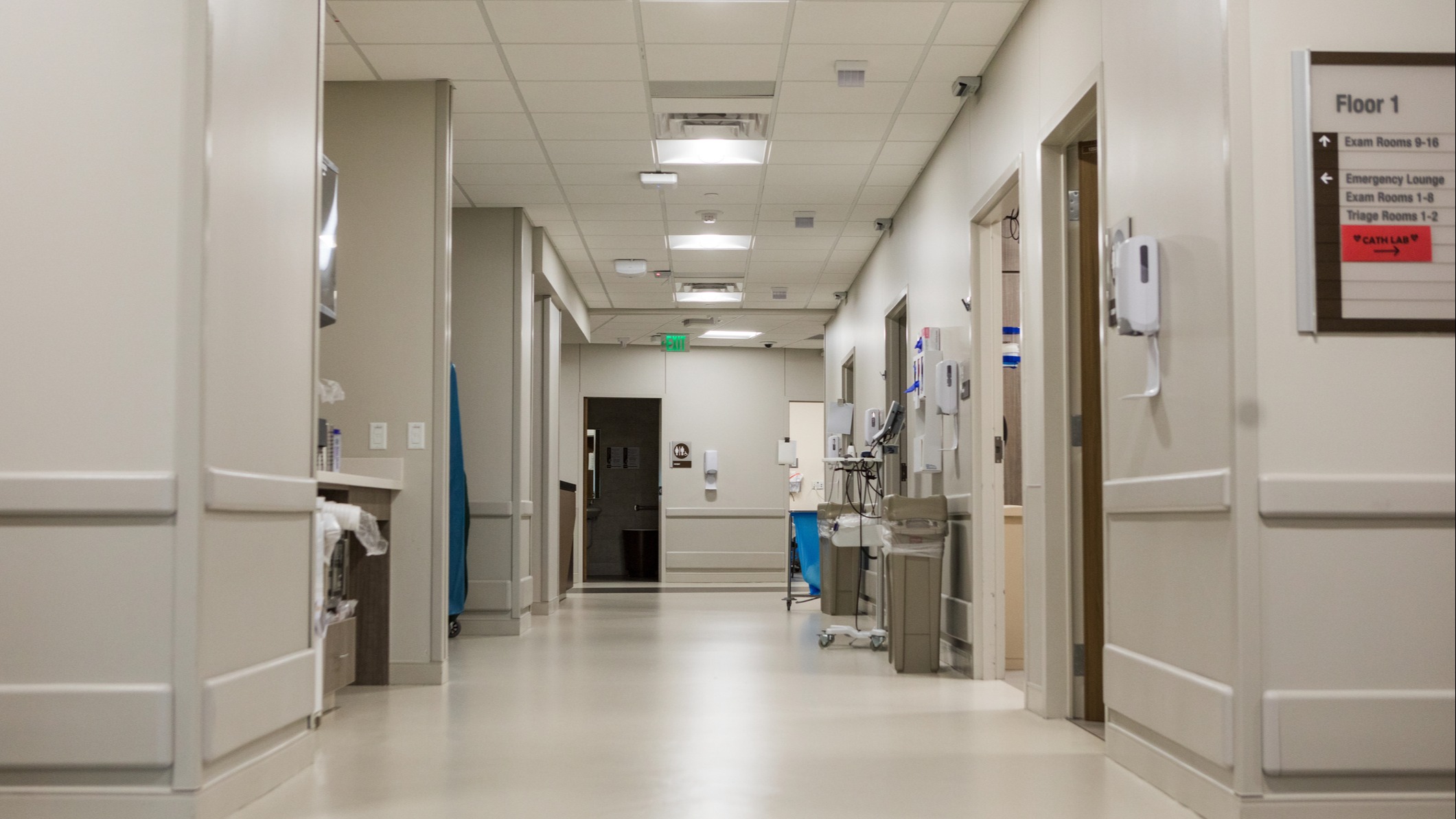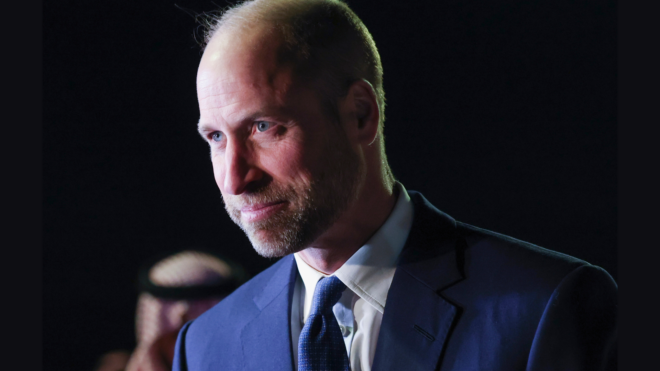
A woman in the UK has a lot to look forward to in the future. The woman, who chose to remain nameless, was the first UK recipient of a womb transplant, and the donor was none other than her older sister. According to The Guardian, more than 90 womb transplants have happened in countries including Sweden, the US, Saudi Arabia, Turkey, China, Czech Republic, Brazil, Germany, Serbia, and India, and most have used a living donor. As a result, about 50 babies have been born.
More from Mom.com: I Wouldn't Be the Mom That I Am Without My Sisters
Isabel Quiroga, a consultant surgeon at the Oxford Transplant Centre, part of Oxford University hospitals and co-lead surgeon of the transplant was "thrilled" and "extremely proud" that the surgery was successful.
She also mentioned that the patient was "incredibly happy," saying "she was absolutely over the moon, very happy and is hoping that she can go on to have not one but two babies. Her womb is functioning perfectly and we are monitoring her progress very closely."
The transplant was done back in February, and the woman went through a surgery that lasted nine hours and 20 minutes. After a 10-day recovery period, she was able to go home.
"It was incredible," Professor Richard Smith — the clinical lead at the charity Womb Transplant UK and a consultant gynecological surgeon at Imperial College London and other co-lead surgeon — told The Guardian.
"I think it was probably the most stressful week in my surgical career but also unbelievably positive. The donor and recipient are over the moon, just over the moon."
The disorder is called Mayer-Rokitansky-Küster-Hauser syndrome (MRKH), and it affects about one in every 5,000 women.
Women who have MRKH have an underdeveloped vagina and an underdeveloped or missing womb. The first sign of the disorder is a girl who does not have periods.
Despite this, their ovaries are still intact and can develop and produce eggs, which means that conceiving a child using fertility treatments is possible.
Before the transplant, the woman prepared by doing two rounds of fertility stimulation to produce eggs. The eggs were fertilized, and produced five embryos blastocyst stage.
Those embryos have been frozen and will be ready when the woman undergoes fertility treatments later this year. Doctors say that her womb is functioning as it should, and her plans to do IVF are still on track.
During pregnancy, she will have to take immunosuppressant drugs to make sure that her body doesn't reject the organ.
The transplant is expected to last about five years before the womb has to be removed.




